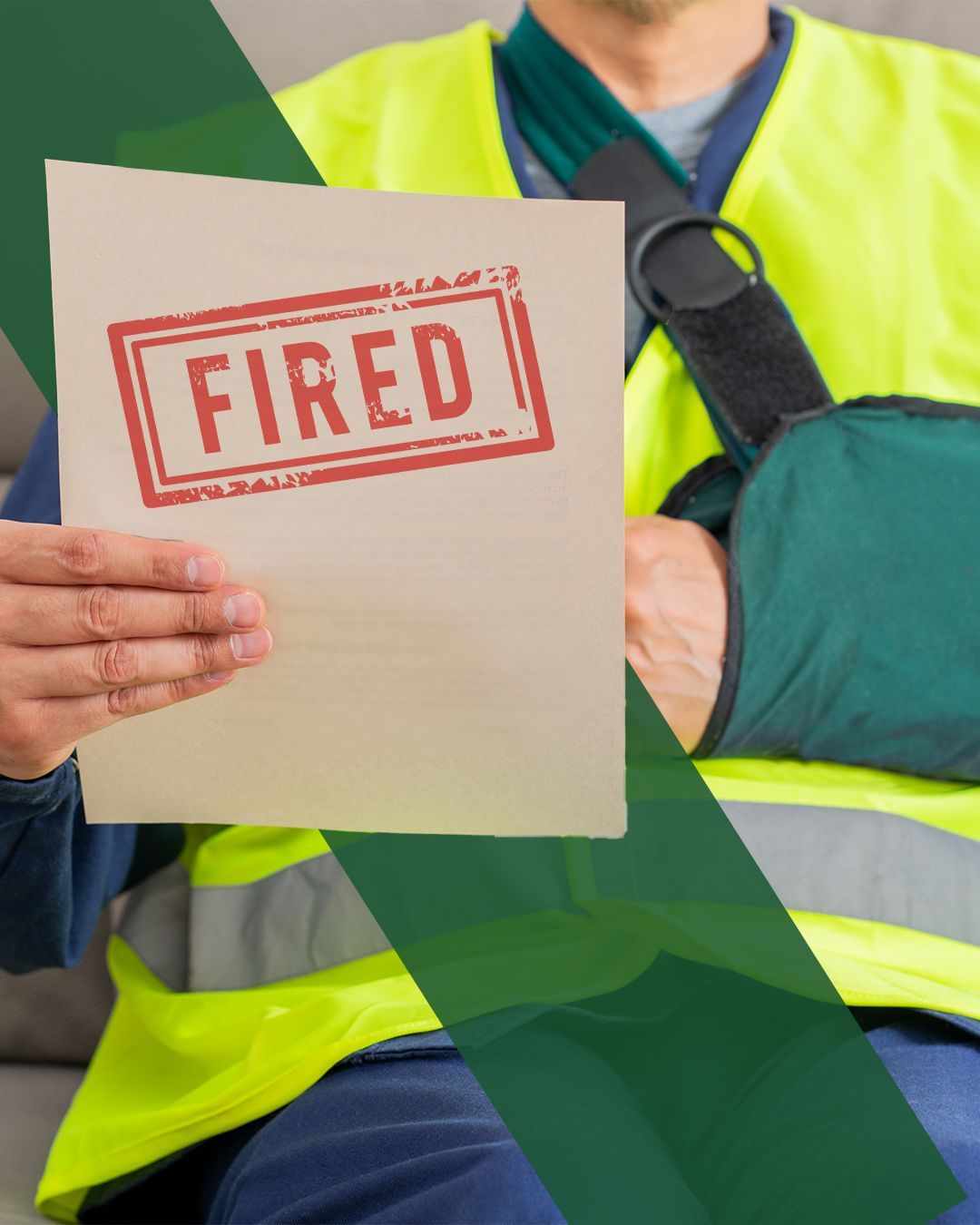Why Personal Injury Cases For Truck Accidents Are More Difficult Than Car Accidents
Truck accidents cause some of the most devastating injuries and fatalities on the road. The massive size and weight of these vehicles can lead to catastrophic outcomes in the event of an accident. However, determining fault in a truck accident case can be a complicated and challenging process. This comprehensive guide is designed to take you through the complexities of proving fault in truck accidents and offer tips on how to navigate the legal process.
Intricacies Involved In Trucking Accident Cases
Trucking Regulations
Trucking regulations play a crucial role in determining liability in trucking accidents. These regulations are set by the Federal Motor Carrier Safety Administration (FMCSA) and cover a wide range of areas, from driver qualifications to vehicle maintenance and repair. Violations of these regulations can lead to truck accidents, making it essential to prove if the truck driver or trucking company violated any FMCSA regulations leading up to the accident.
Evidence Gathering
Evidence gathering is crucial for determining fault in truck accidents. Evidence to gather includes eyewitness testimonies, police reports, black box data, and maintenance records. Gathering evidence promptly is important before it becomes lost or inaccessible. The more evidence that is collected, the stronger the case.
Potential Parties Involved in Truck Accident Claims
One of the main reasons that proving fault in truck accidents can be difficult is because multiple parties can contribute to the accident's cause. While the truck driver is often the primary defendant in an accident case, other parties can also be held liable. For instance, the trucking company, the owner of the cargo being transported, or a maintenance company may also be responsible for the accident.
As a result, it's essential to identify all the parties involved in the trucking accident and determine their respective roles in contributing to the accident.
Negligence
Several parties can be involved in a truck accident claim, including the truck driver, trucking company, maintenance provider, and cargo loaders. Each of these parties can contribute to the accident through negligence. For example, if the driver was driving under the influence, the trucking company failed to train the driver, or the maintenance provider failed to maintain the truck adequately, they could be considered negligent.
Contact Our Attorneys at Slusser Law Firm
Navigating personal injury cases for truck accidents can be a complex and challenging process. Understanding the unique difficulties involved is essential for maximizing your chances of a successful outcome. By seeking legal representation from Slusser Law Firm, you can benefit from our expertise in handling truck accident cases and our commitment to fighting for your rights.
Contact us today to schedule a consultation and let us guide you through this intricate legal journey.




